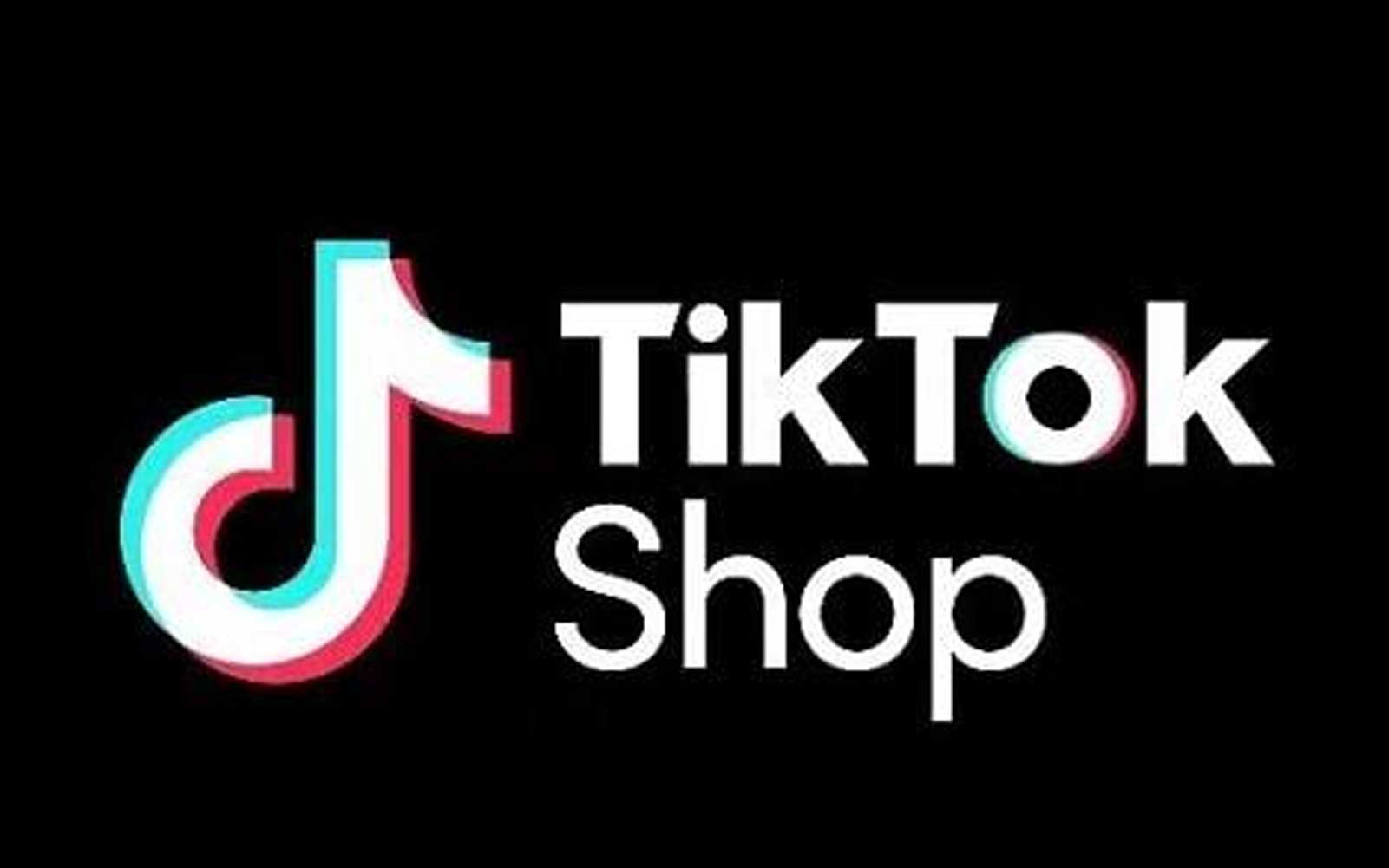
How will TikTok Shop fare in a crisis?
On March 13, the US House of Representatives voted overwhelmingly, 352-65, to quickly pass a new bill that could effectively ban social media giant TikTok. The decision comes just five days after the bill was introduced and passed unanimously by the Energy and Commerce Committee of the House of Representatives. The bill requires Chinese company ByteDance to divest its TikTok operations in the United States in about six months or face a ban on the app in the country.
However, although the bill passed the House of Representatives, it still needs to go through a series of procedures to become law. The bill then needs to go to the U.S. Senate for a vote, and only if the Senate also passes it can it go to the president for approval. This means that while the House has expressed a strong desire to ban TikTok, the process remains uncertain.
TikTok CEO Zizi Zhou posted a video on TikTok in which he strongly disagreed. If signed into law, the bill would result in TikTok being banned in the United States, which would cost creators and small businesses billions of dollars, while also putting 300,000 American jobs at risk, he said.
Prior to this news, TikTok had achieved remarkable success on a global scale. Especially in the second half of last year, TikTok Shop in the United States saw a surge in growth. According to FastMoss data, during the “Black Friday” promotion last year, TikTok Shop in the United States exceeded $33 million in a single day GMV, showing its strong business potential and market influence.
The periodic success in the US has opened up new opportunities for TikTok Shop. In 2024, TikTok’s e-commerce business plans to expand to lay out more developed markets. According to market sources, TikTok has launched semi-closed loop trailer accounts in eight developed markets, including Australia, France, Italy, Germany, Spain, Canada, Japan and South Korea. This is an important measure taken by TikTok to expand its e-commerce business and further attract users to shop.
It is understood that TikTok opened a semi-closed loop business in cooperation with e-commerce giant Shopify as early as September 2021. Through this partnership, Shopify merchants with TikTok enterprise accounts can add shopping tags to TikTok short videos and live broadcasts, directing users to the brand’s independent site for transactions. This feature was first launched on TikTok in the UK and the US, providing a new channel for sellers, similar to advertising on Facebook, Instagram and other platforms, to help independent stations get more external traffic.
However, just as TikTok’s e-commerce business has just achieved some results, the US House of Representatives has passed a new bill that could ban TikTok. Faced with this situation, TikTok Shop is looking for a strategy. It is reported that TikTok plans to replicate the successful experience of the United States to developed markets such as Europe, Japan and South Korea to further expand its e-commerce business. At the same time, with the success of e-commerce platforms such as Temu and Shein in the European market, TikTok Shop is not left behind and plans to increase its investment in the European market to compete for more market share.



